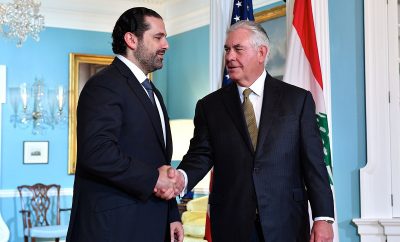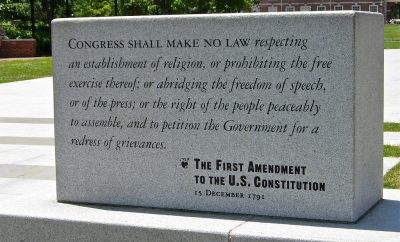
Blogs
Religion Inspires Philanthropy, Especially Among Low-Income Observers
A recent report by the Chronicle of Philanthropy shows how the recession changed Americans’ charitable habits. “The wealthiest Americans — those who earned $200,000 or more — reduced the share of income they gave to charity by 4.6 percent from 2006 to 2012. Meanwhile, Americans who earned less than $100,000 chipped in 4.5 percent more of their income during the same time period.” The Washington Post took the report a bit further; in an op-ed Philip Bump notes that “Of the states that gave the most to charity in 2012, the top 17 all voted for Mitt Romney that year. The bottom seven states in giving all voted for Obama.” He points to a political split in charity, but also suggests that there is a tendency for religious people to give more. Bump refers back to another Chronicle report claiming that “The more important religion is to a person, the more likely that person is to give to a charity of any kind.”
The wealth and religiosity of people appear to heavily influence the size of their charitable giving. On the other hand, it seems like the correlation of “red states” and increased charitable donations is just that — a correlation. Because these states suffered more of the brunt of the recession, their increases in poverty were often higher than the national average. While there is a notable relationship between a state’s conservatism and its poverty level, this does not mean a state’s tendency to vote Republican is the direct cause of charitable giving increases. At the same time, the more conservative states are also more religious. This nexus of low-income and high-religiosity may be the most direct cause of increasing charitable donations. As lower-income people of faith experienced the turmoil of the recession, they were compelled to donate.
When examining religion as a social institution, this isn’t too surprising. When one social institution falters — the economic system, for example — people will often rely more heavily on another institution — say, religion. Thankfully, a lot of American religious institutions encourage charity. It seems like many Americans who were badly affected by the financial crisis deepened their religious commitments and, despite having less to give, gave more. While religion has individualistic significance, its community focus is illustrated nicely, here.
There are a number of reasons why religion encourages charity, but what is it about religion that delivers such results? What makes religion such a compelling force? Christianity’s appeals to community-mindedness certainly compelled U.S. Army veteran Jordan Matson to join Kurdish forces in fighting the Islamic State. USA Today reports that Matson left Wisconsin to get to the battleground where ISIS is gaining territory: “I couldn’t just sit and watch Christians being slaughtered anymore.” At 28 years old, Matson voluntarily flew to Syria to combat militant Islamic extremists. While religion is compelling ISIS to commit sick acts of terror, religion compelled Matson to stop it.
Faith asks people to suspend skepticism. For better or for worse, in this way faith makes it much easier to compel people to act. Proof isn’t required incite action, and fact isn’t necessary to mobilize the masses. When charity-based components of religion are brought into the fold by something like an economic crisis, the more devout may feel more compelled than others to give. This is, of course, only one component of the many religious matrices out there.
Philanthropic tendencies in America are, in part, driven by religiosity. We can’t afford to ignore this; policy should be developed that encourages philanthropy and religiously influenced charity. This power was touched on by President George Bush Sr. in one of America’s weirder inaugural addresses: “We can find meaning and reward by serving some purpose higher than ourselves — a shining purpose, the illumination of a thousand points of light.” He asked Americans to volunteer and donate — an undoubtedly good appeal. But what we must create now is an agenda that harnesses the motivation behind the “thousand points of light” and capitalizes on the compelling nature of religion. Especially now that the rich are giving less and the poor are giving more, America could benefit from compelling our wealthiest to lend a helping hand more often.
—
Jake Ephros (@JakeEphros) is a native of Montclair, New Jersey where he volunteered for political campaigns from a young age. He studies Political Science, Economics, and Philosophy at American University and looks forward to a career built around political activism, through journalism, organizing, or the government.
Featured image courtesy of [James Cohen via Flickr]








Comments